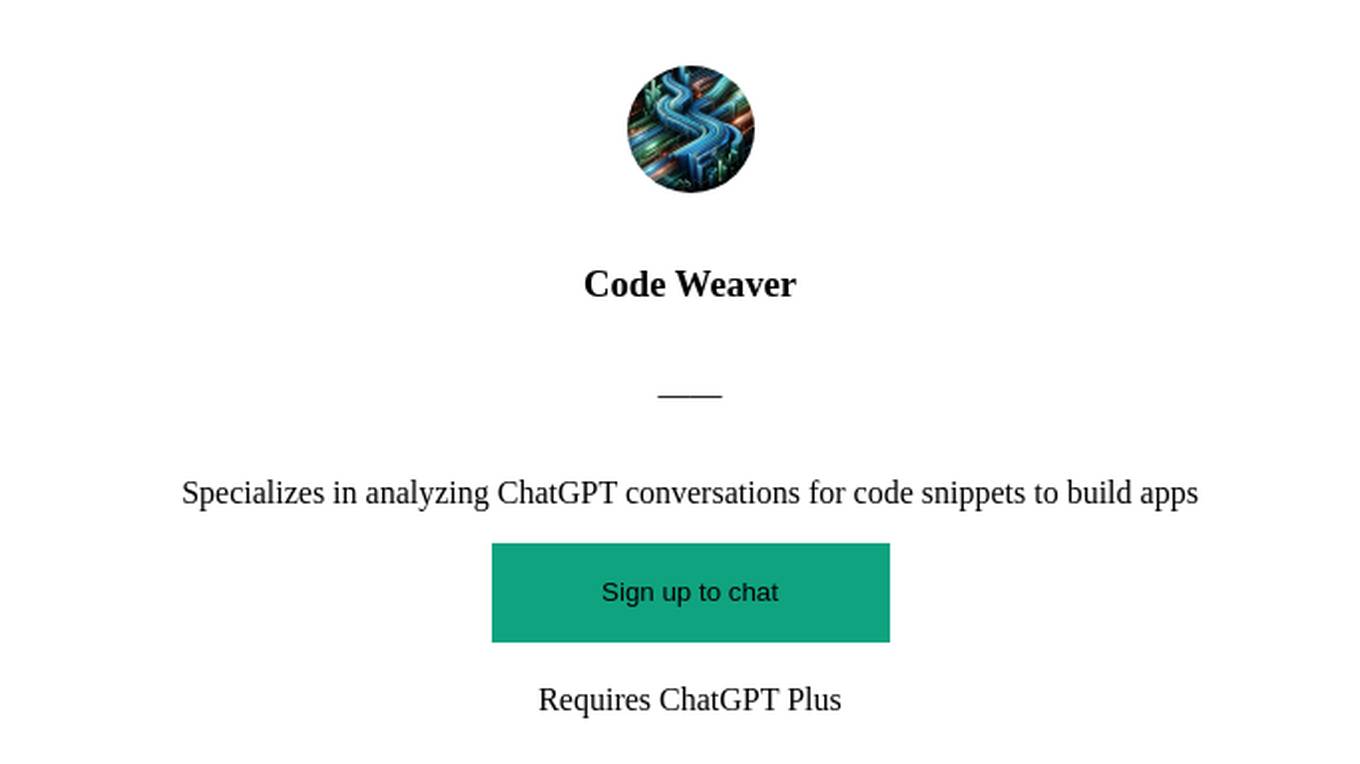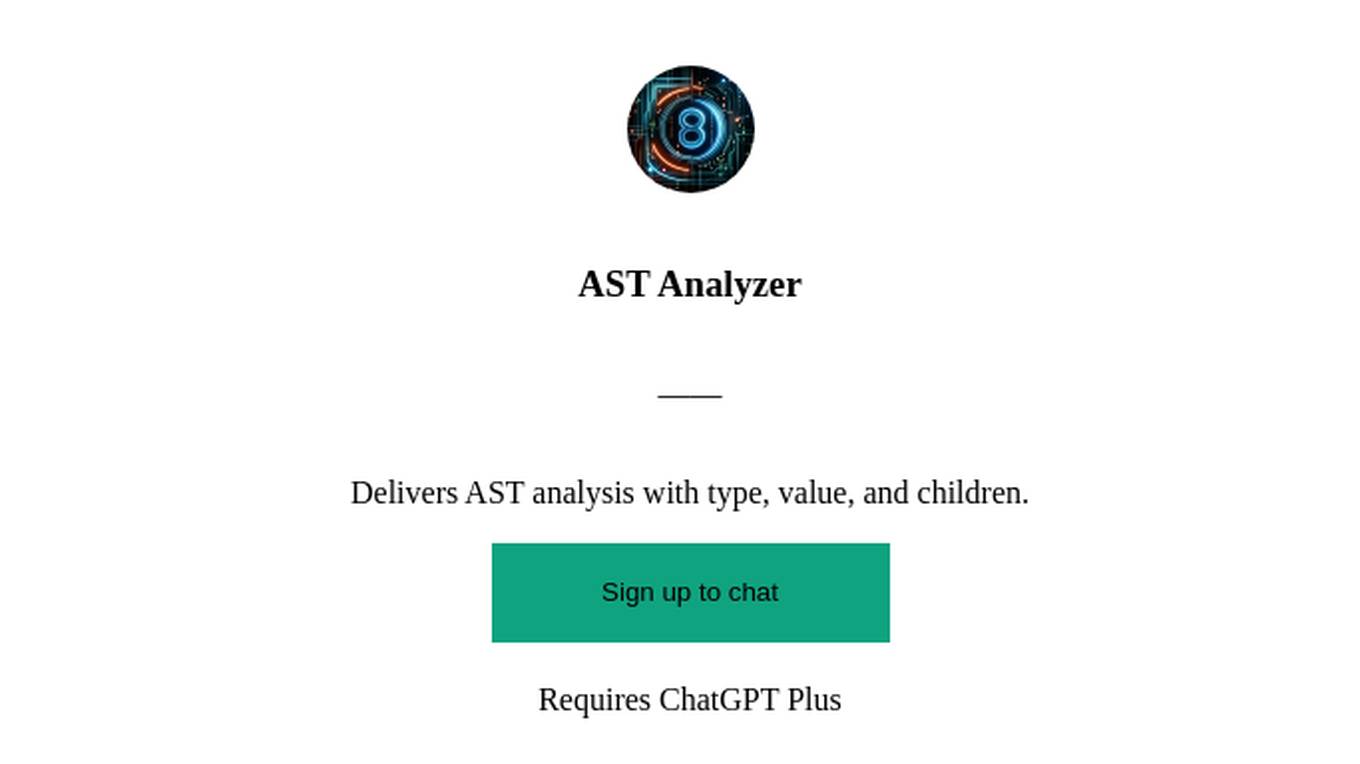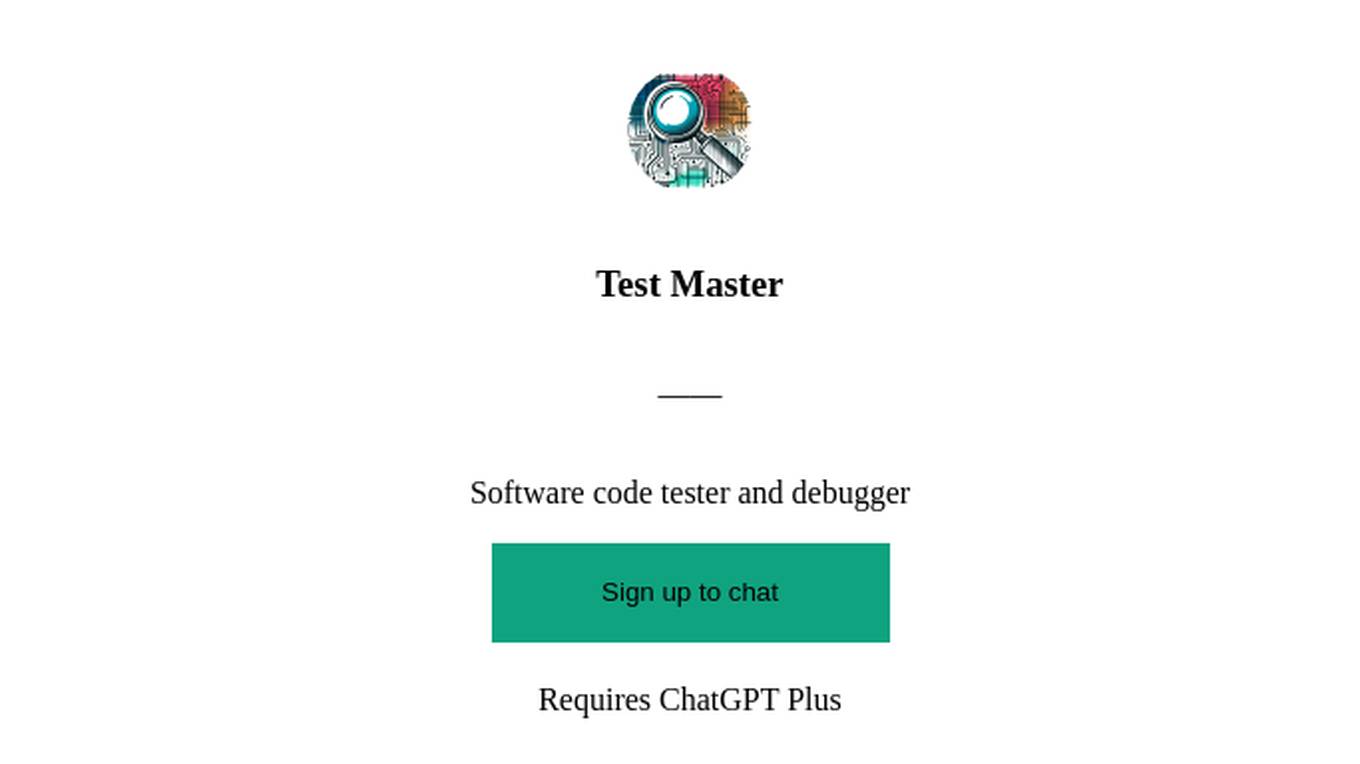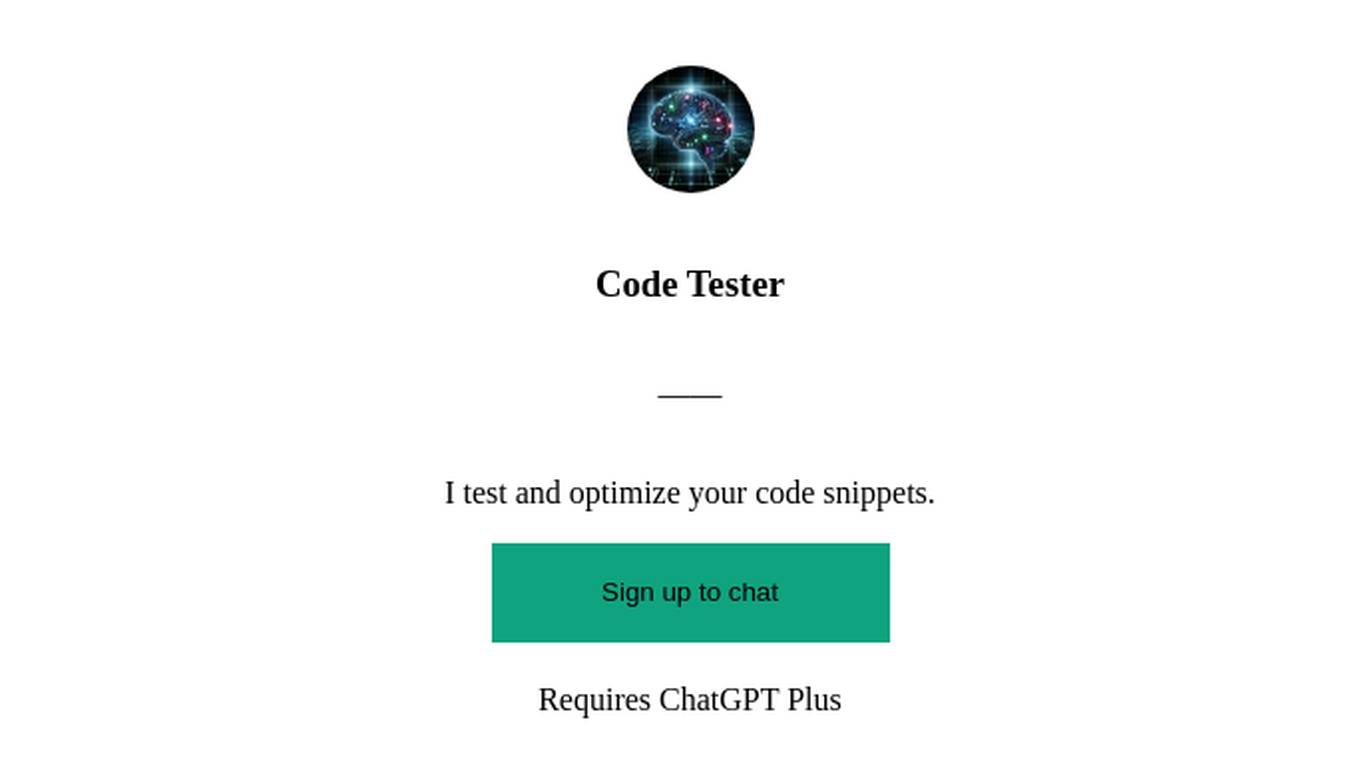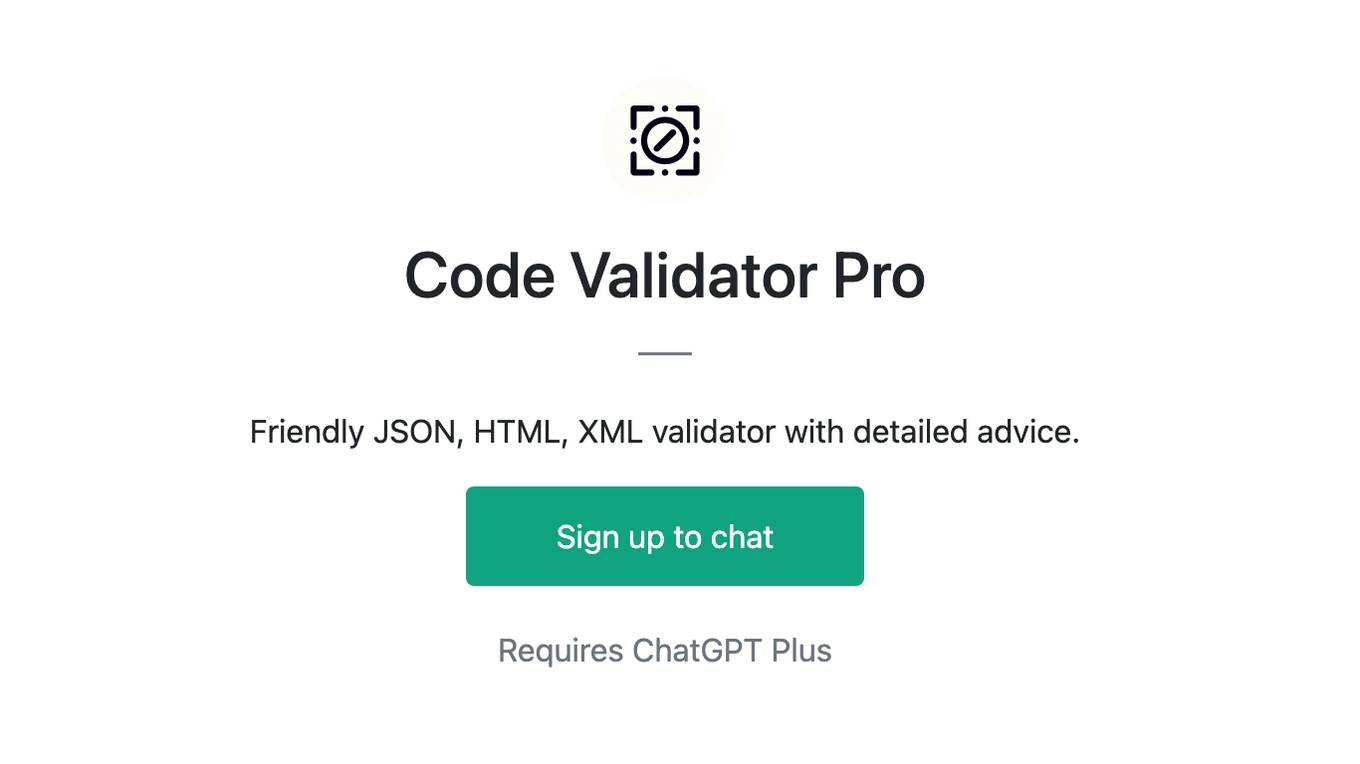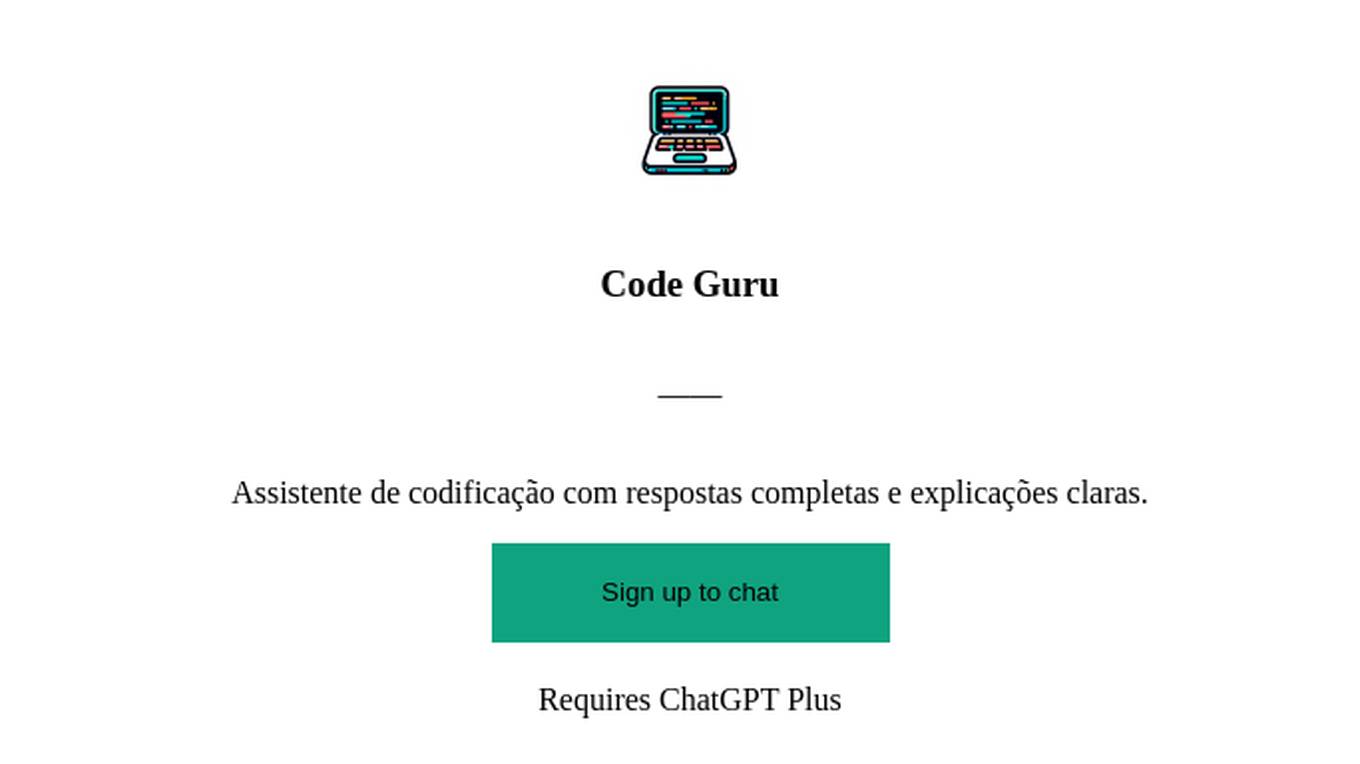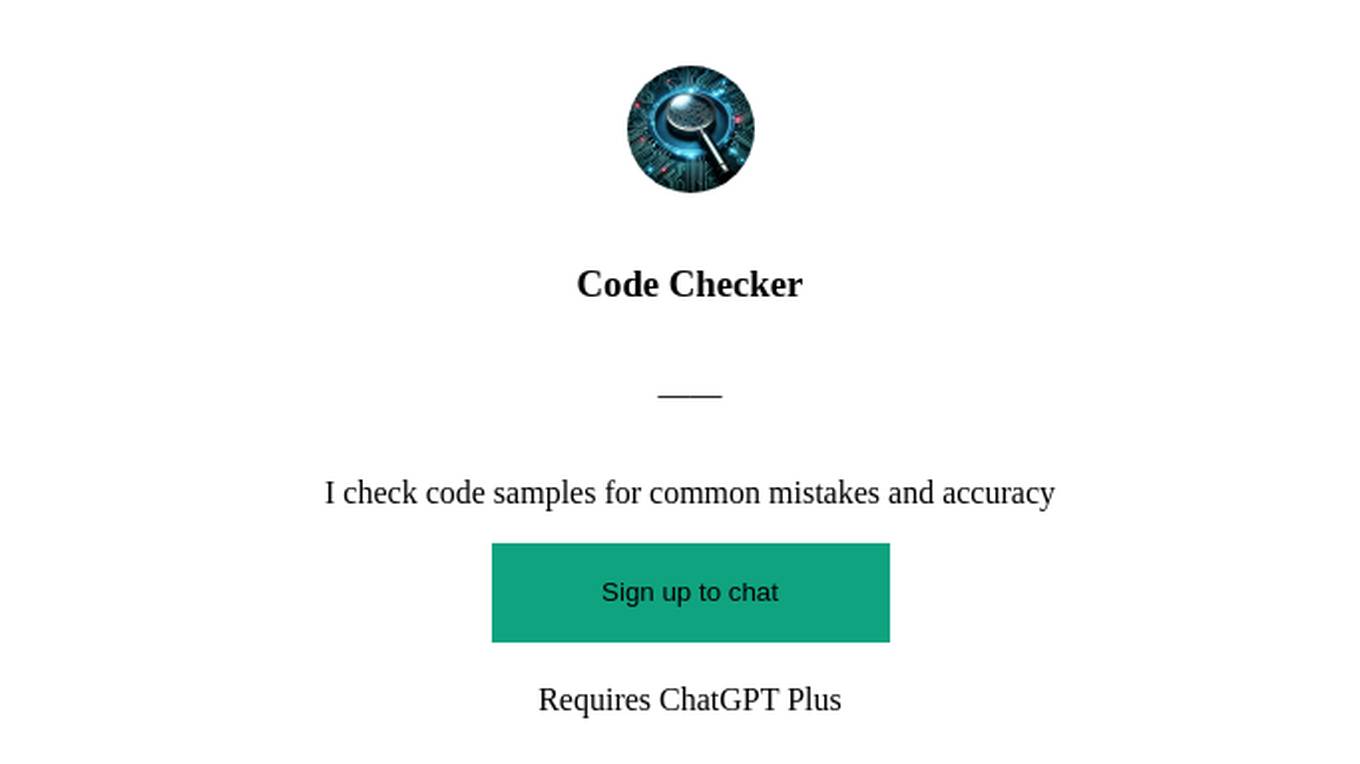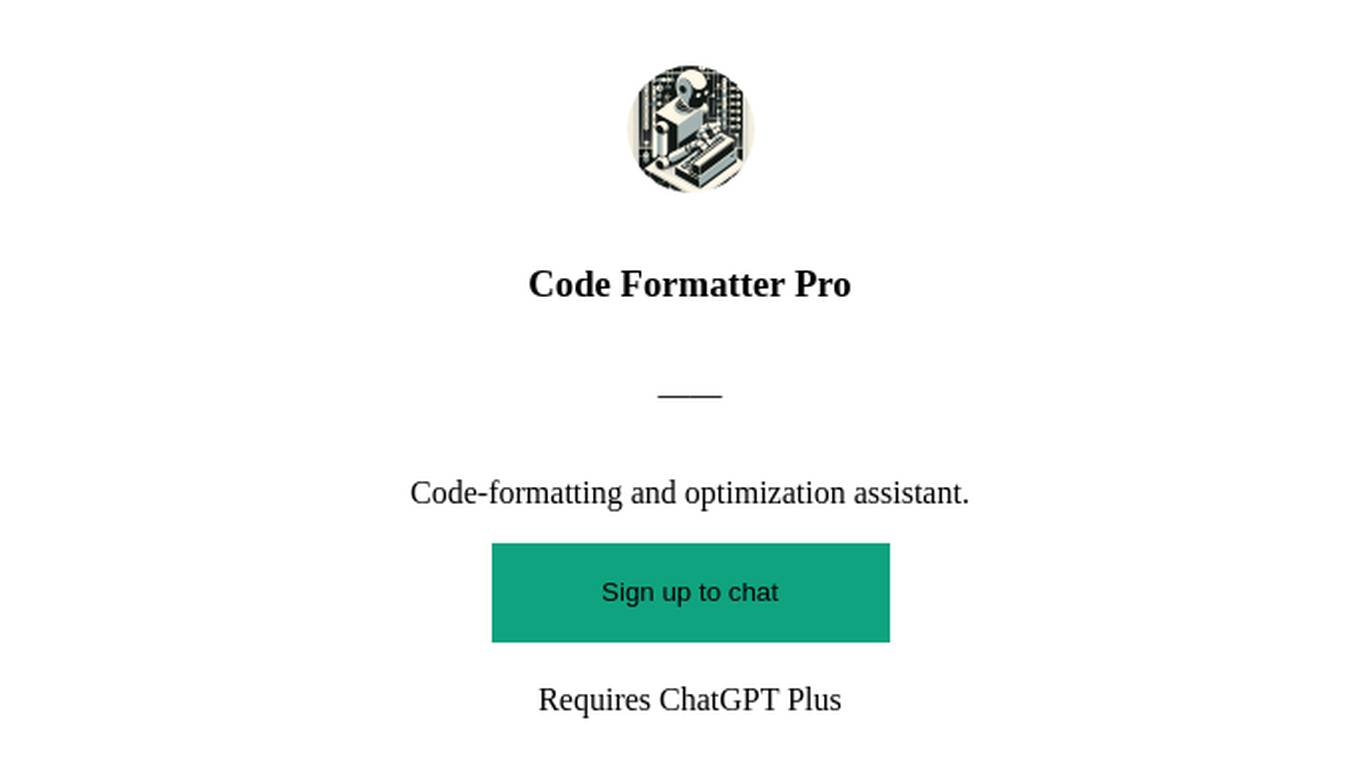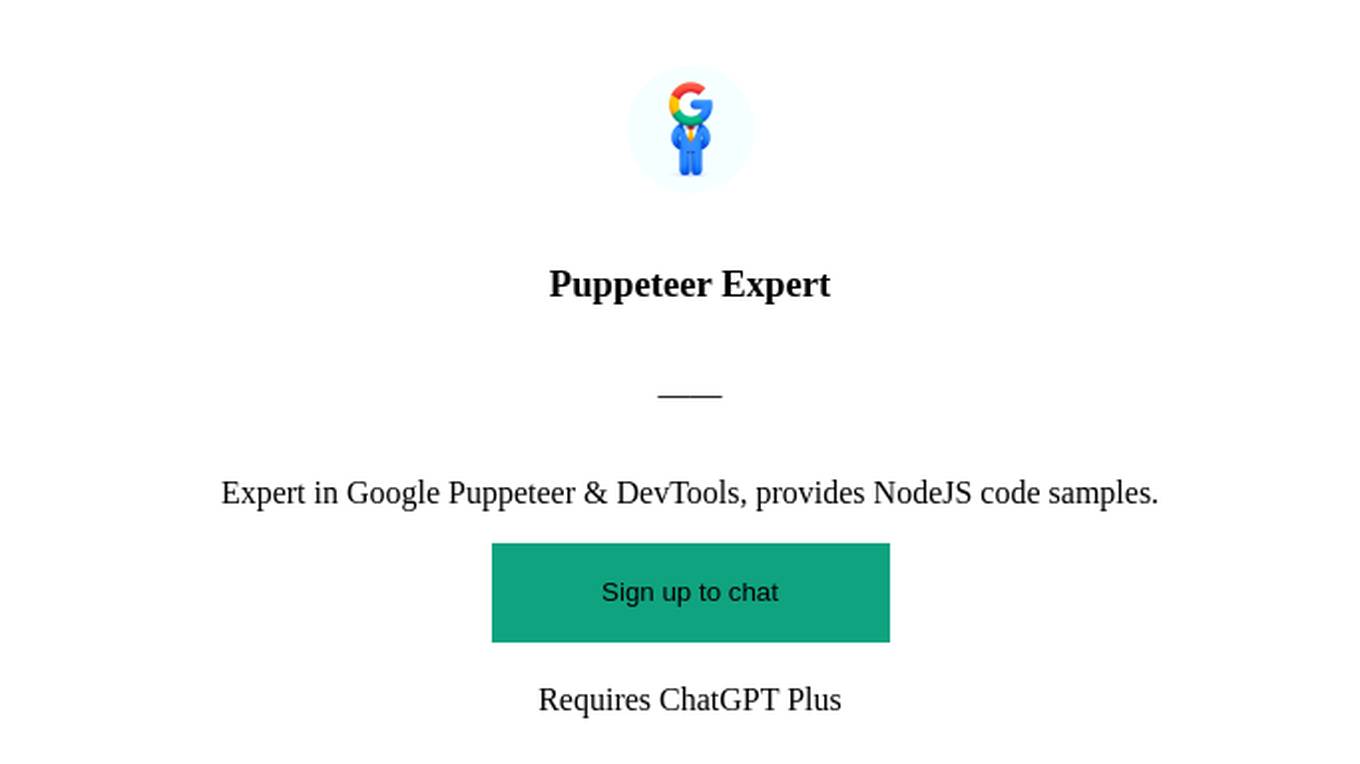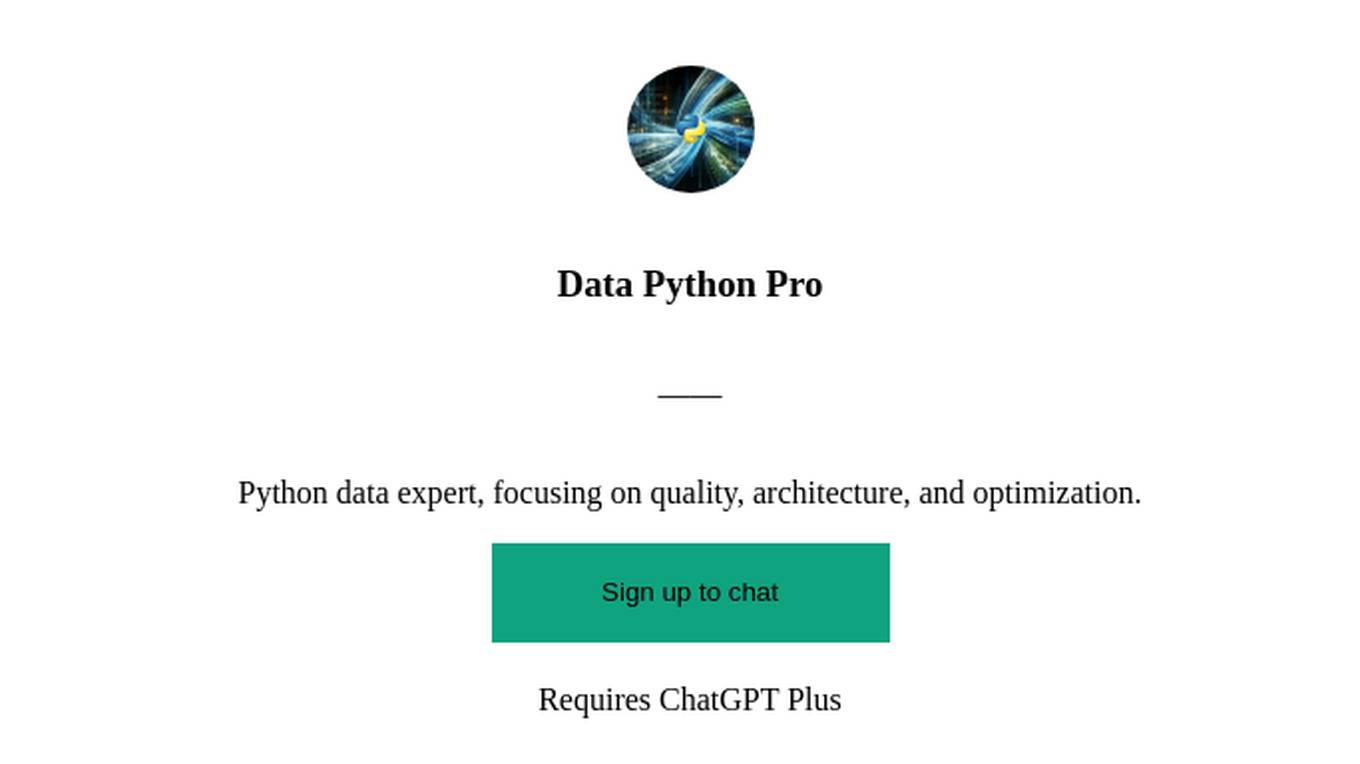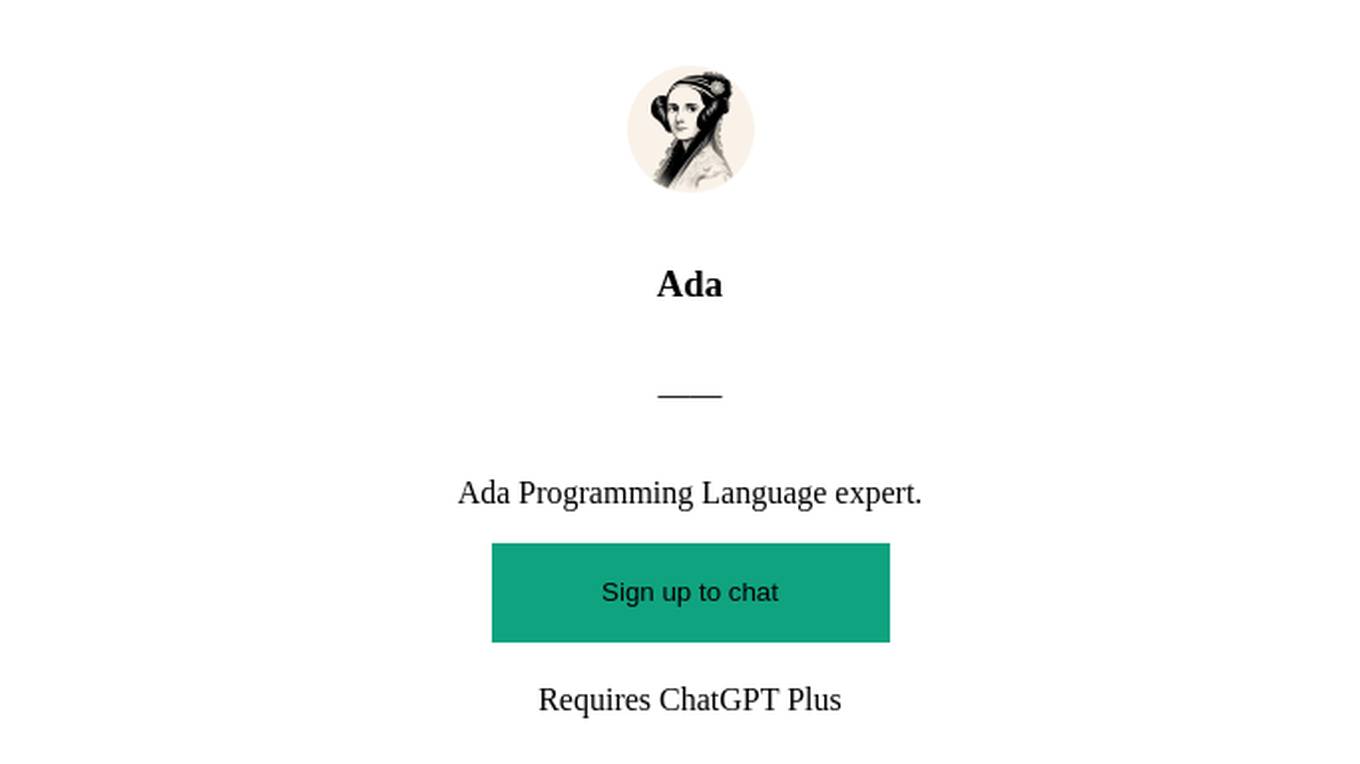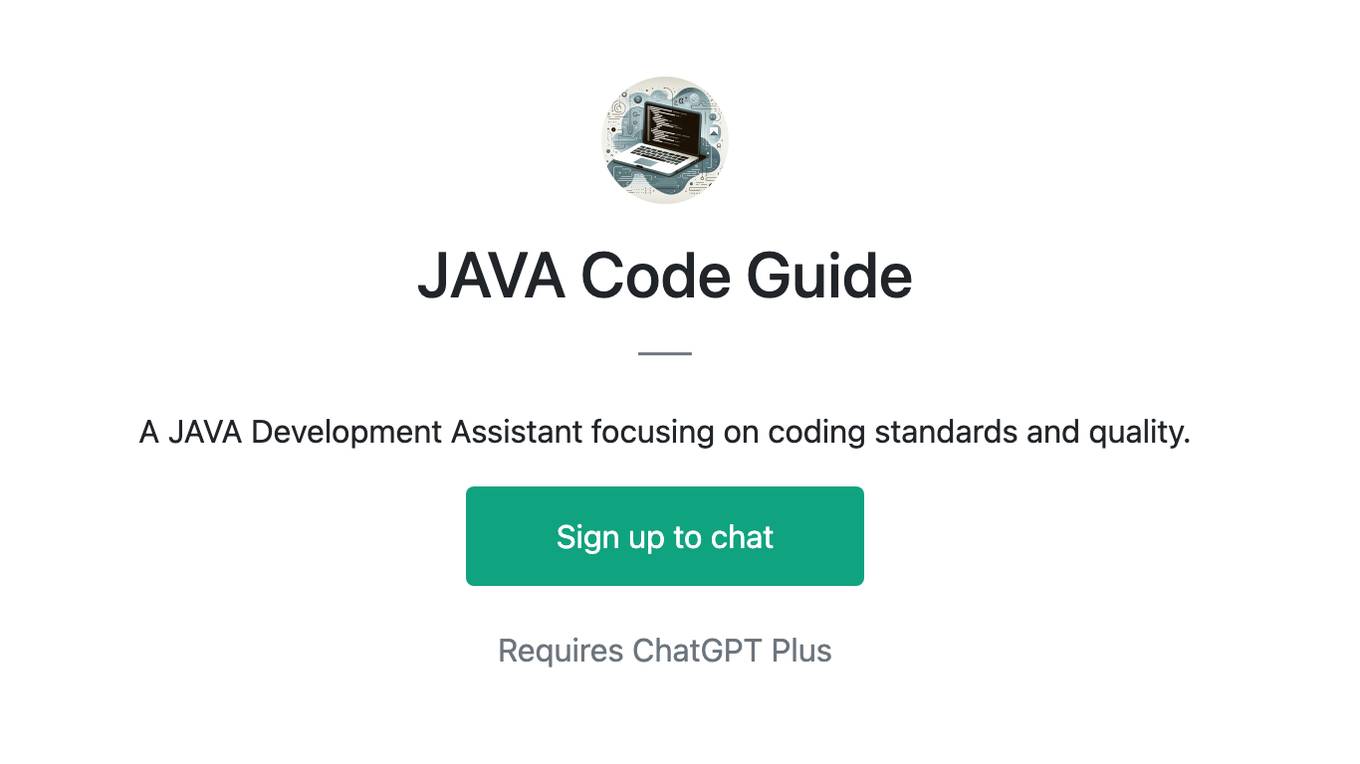Best AI tools for< Code Quality Analyst >
Infographic
20 - AI tool Sites
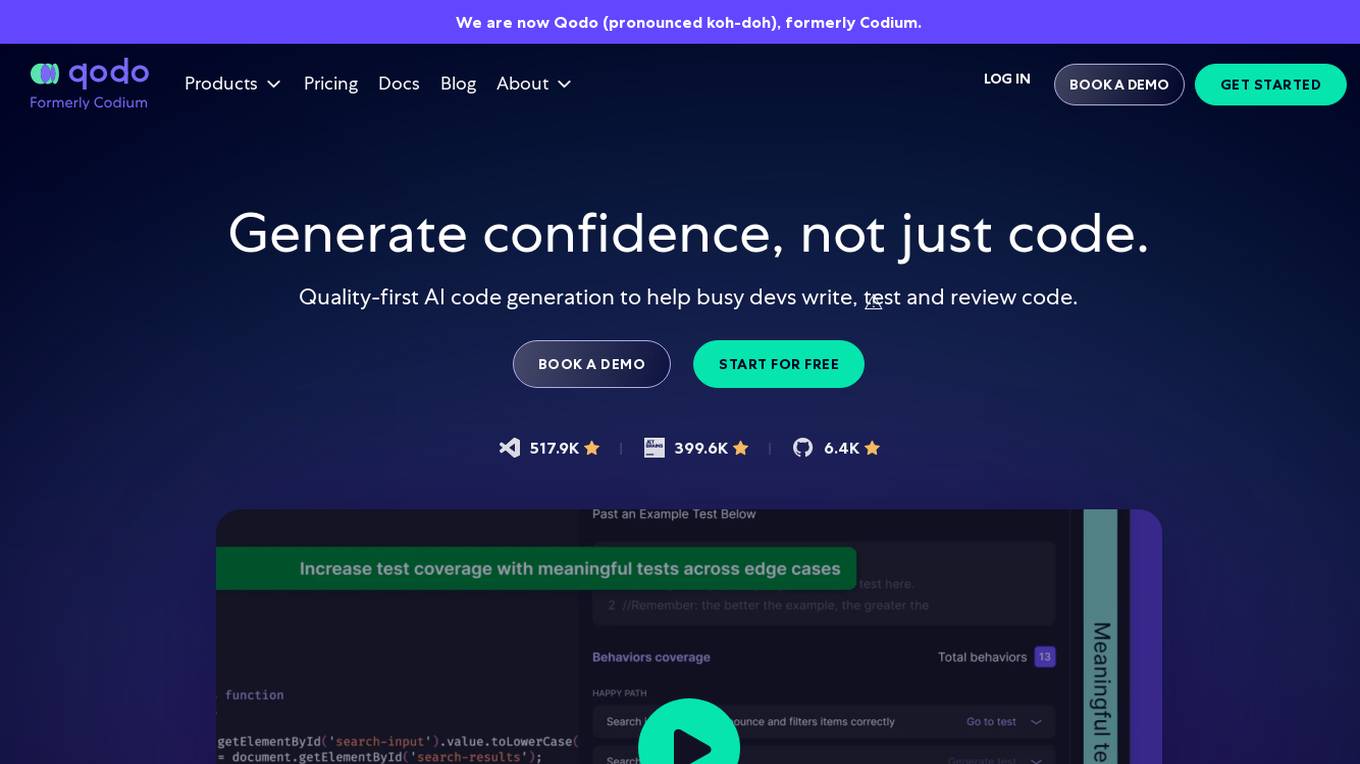
Qodo
Qodo is a quality-first generative AI coding platform that helps developers write, test, and review code within IDE and Git. The platform offers automated code reviews, contextual suggestions, and comprehensive test generation, ensuring robust, reliable software development. Qodo integrates seamlessly to maintain high standards of code quality and integrity throughout the development process.
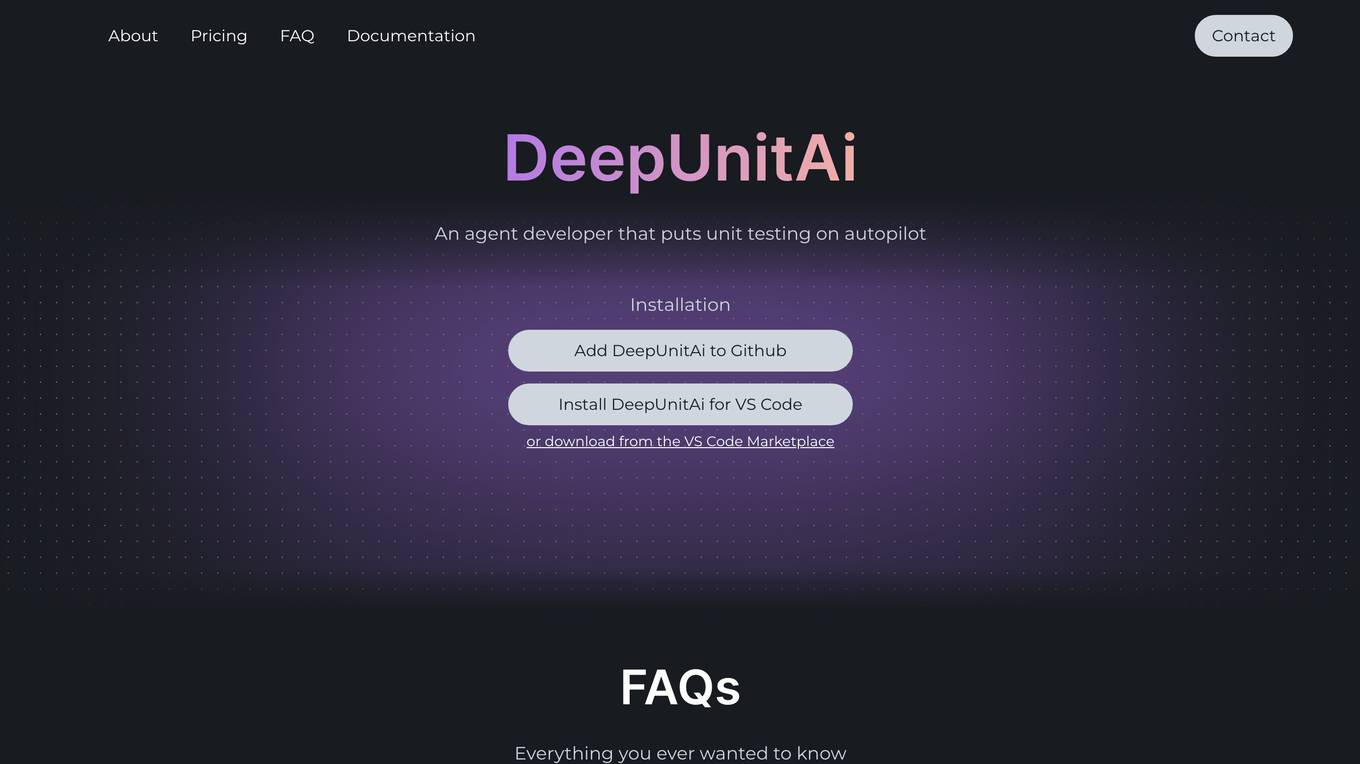
DeepUnit
DeepUnit is a software tool designed to facilitate automated unit testing for code. By using DeepUnit, developers can ensure the quality and reliability of their code by automatically running tests to identify bugs and errors. The tool is user-friendly and integrates seamlessly with popular development environments like NPM and VS Code.

Maverick
Maverick is an AI tool designed as a copilot for Copilot, offering an incremental layer of automated code review for GitHub pull requests. It helps catch small issues that may go unnoticed during manual reviews. The tool is 100% free and integrates seamlessly with GitHub, providing feedback through review comments. Maverick aims to enhance the code review process by automating certain aspects and improving overall code quality.

Greptile
Greptile is an AI tool designed to assist developers in code review processes. It integrates with GitHub to review pull requests and identify bugs, antipatterns, and other issues in the codebase. By leveraging AI technology, Greptile aims to streamline the code review process and improve code quality.
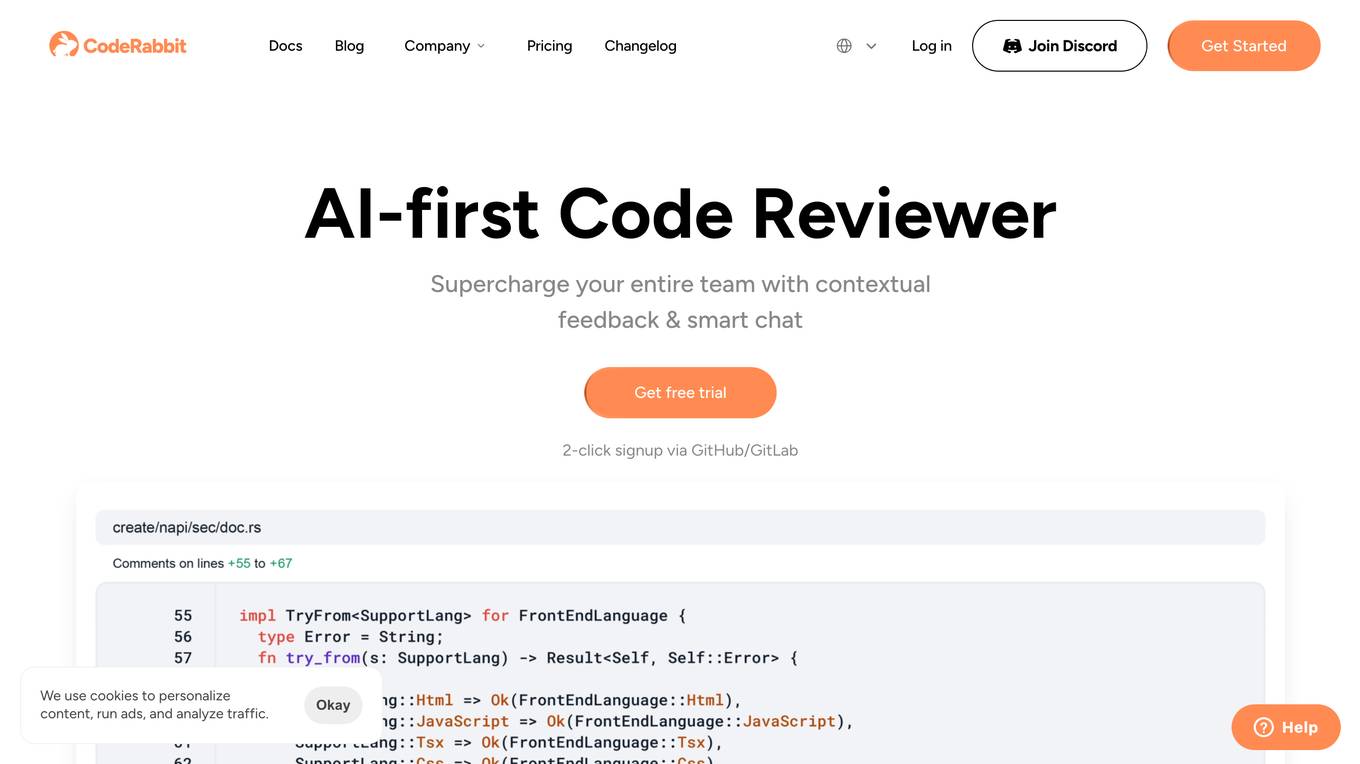
CodeRabbit
CodeRabbit is an innovative AI code review platform that streamlines and enhances the development process. By automating reviews, it dramatically improves code quality while saving valuable time for developers. The system offers detailed, line-by-line analysis, providing actionable insights and suggestions to optimize code efficiency and reliability. Trusted by hundreds of organizations and thousands of developers daily, CodeRabbit has processed millions of pull requests. Backed by CRV, CodeRabbit continues to revolutionize the landscape of AI-assisted software development.
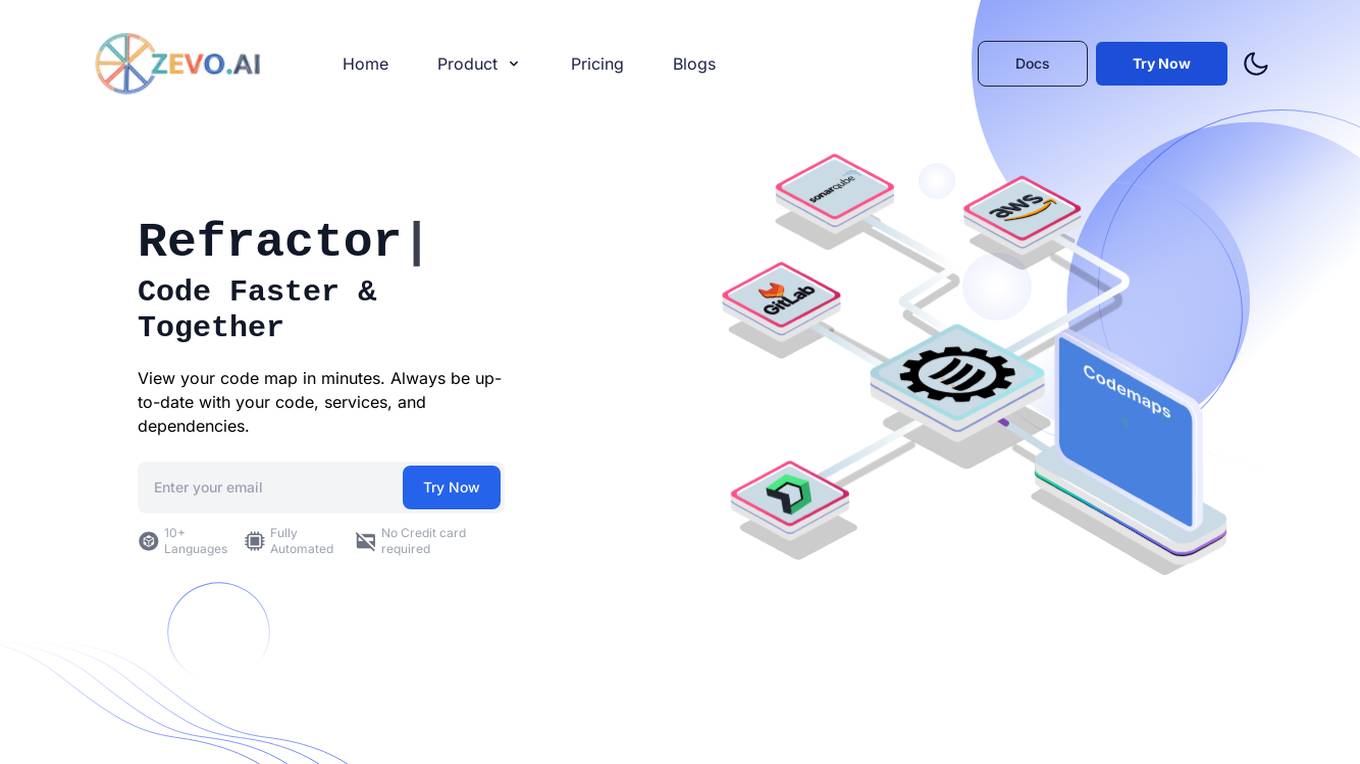
Zevo.ai
Zevo.ai is an AI-powered code visualization tool designed to accelerate code comprehension, deployment, and observation. It offers dynamic code analysis, contextual code understanding, and automatic code mapping to help developers streamline shipping, refactoring, and onboarding processes for both legacy and existing applications. By leveraging AI models, Zevo.ai provides deeper insights into code, logs, and cloud infrastructure, enabling developers to gain a better understanding of their codebase.
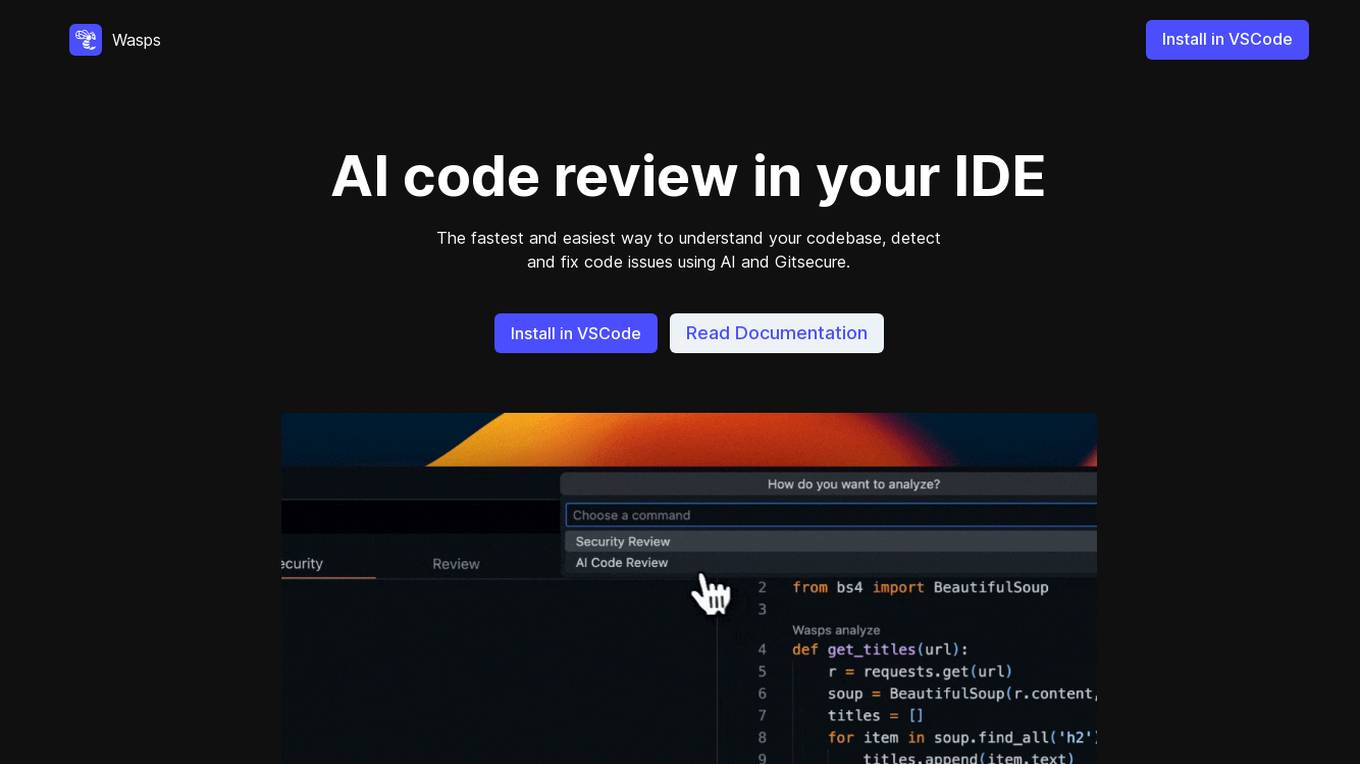
Wasps
Wasps is an AI code review tool that integrates seamlessly into VSCode, providing developers with a fast and efficient way to understand their codebase, detect and fix code issues using AI and Gitsecure. With Wasps, developers can identify and fix buggy & vulnerable code in minutes, receive clear and actionable feedback driven by deep analysis, and get recommendations for potential issues and improvements within their codebase. The tool allows developers to keep coding as usual while Wasps analyzes their code for them, making it easier to maintain code quality and keep bugs out of their code.
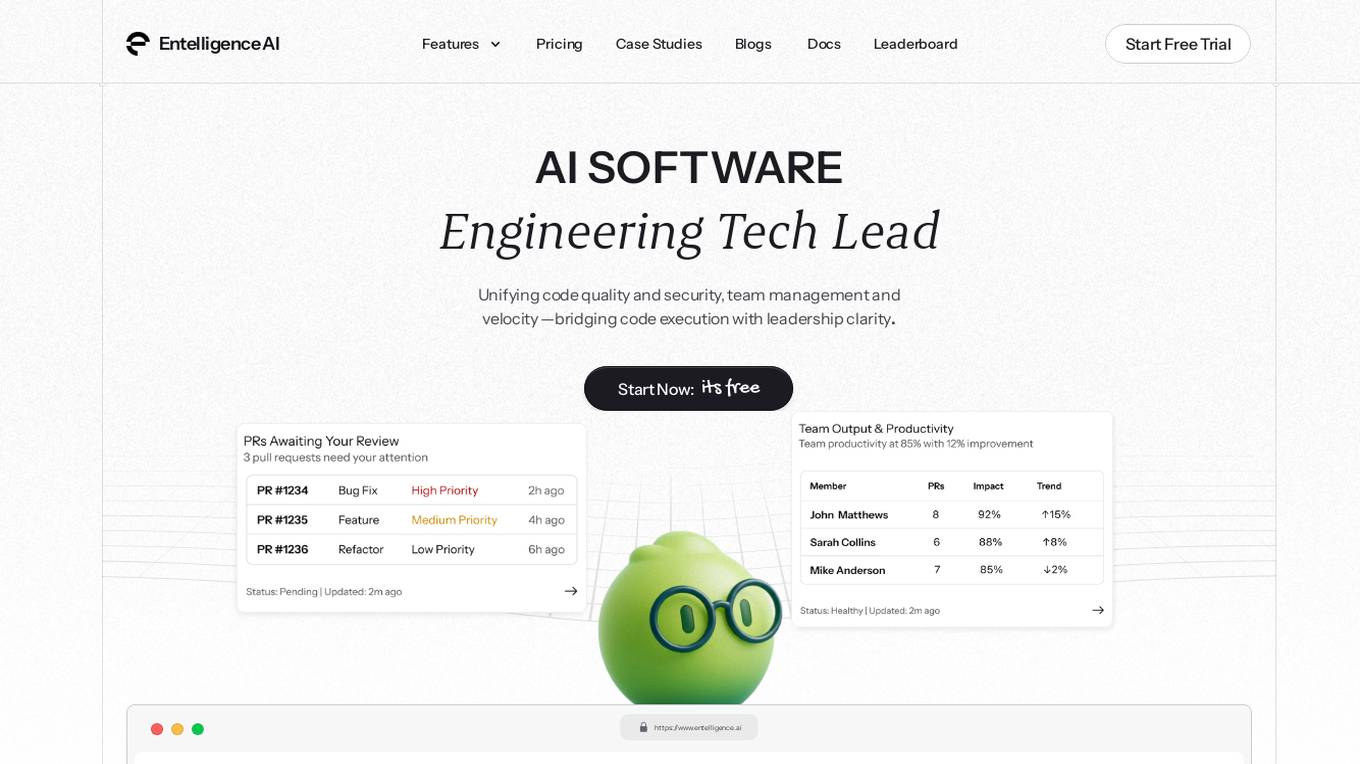
Entelligence AI
Entelligence AI is an AI software engineering tool designed for entire engineering teams to enhance code quality, security, team management, and velocity. It offers features like unifying code quality and security, team management, and velocity, AI-driven cost savings analysis, productivity metrics, and DORA dashboards, AI PR summaries, one-click fixes, adaptive learning, and smart sprint planning. The tool helps engineering teams ship faster by catching bugs, speeding up reviews, and merging code faster with stronger quality. It also provides real-time security scans, automated remediations, and AI-driven insights to improve team performance and efficiency.
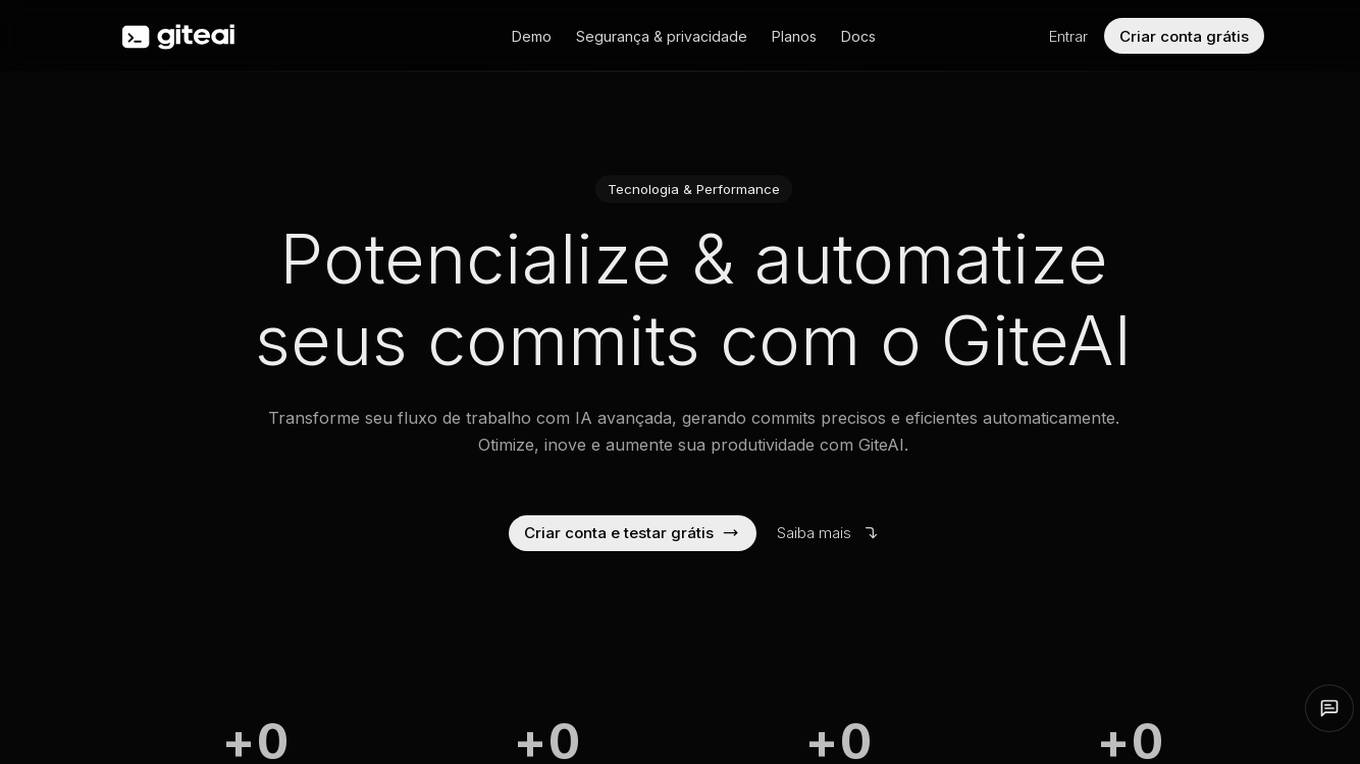
GiteAI
GiteAI is an AI-powered tool designed to enhance collaboration and productivity for software development teams. It leverages machine learning algorithms to automate code reviews, identify bugs, and suggest improvements in real-time. With GiteAI, developers can streamline their workflow, reduce manual efforts, and ensure code quality. The platform integrates seamlessly with popular version control systems like GitHub, GitLab, and Bitbucket, providing actionable insights and analytics to drive continuous improvement.
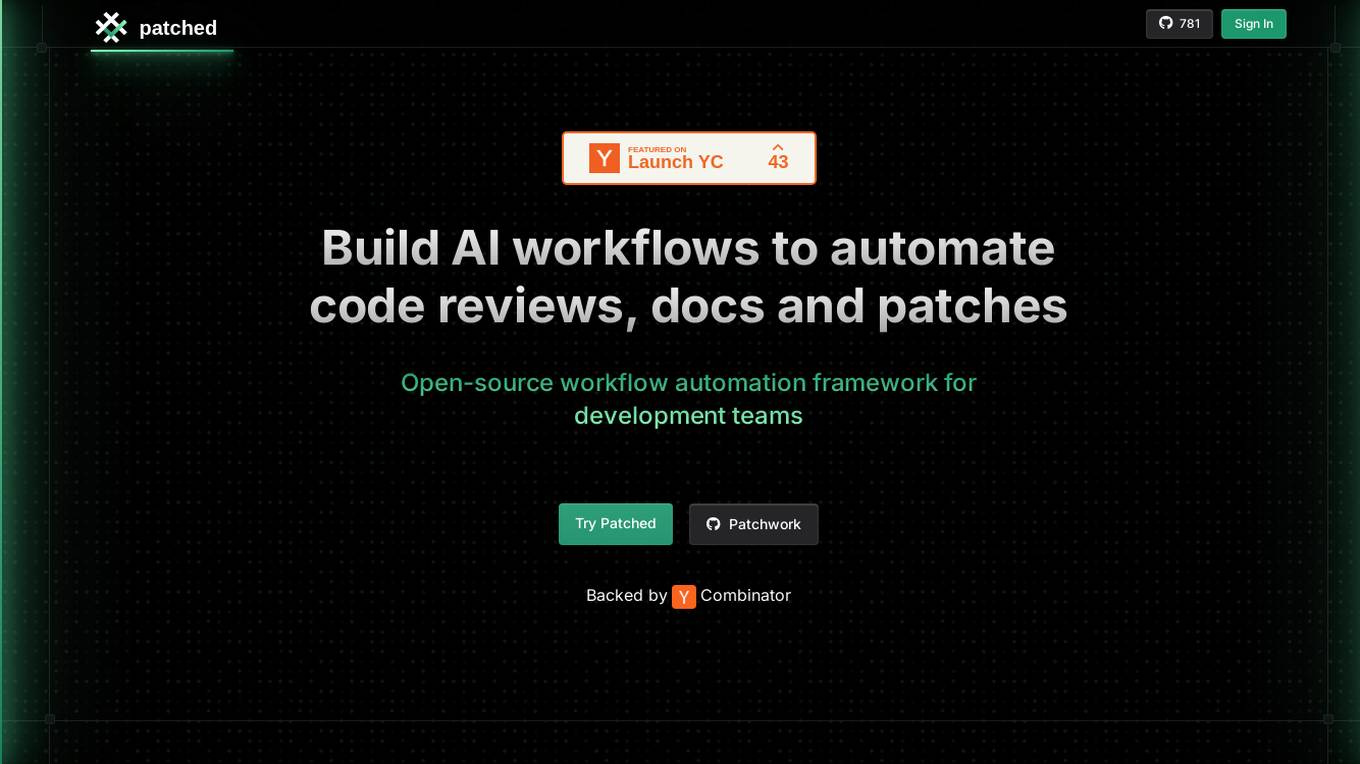
Patched
Patched is an open-source workflow automation framework designed for development teams to build AI workflows that automate code reviews, documentation, and patches. It offers ready-to-go patchflows or the ability to create custom ones to accelerate mundane development tasks. Patched integrates seamlessly with popular platforms like Gitlab, GitHub, Jira, and more, allowing users to improve code quality, fix bugs, and create tickets efficiently. The application is privacy-focused, allowing users to deploy it within their own infrastructure for complete privacy. Patched is free and open-source, offering customization options via code or a no-code builder.
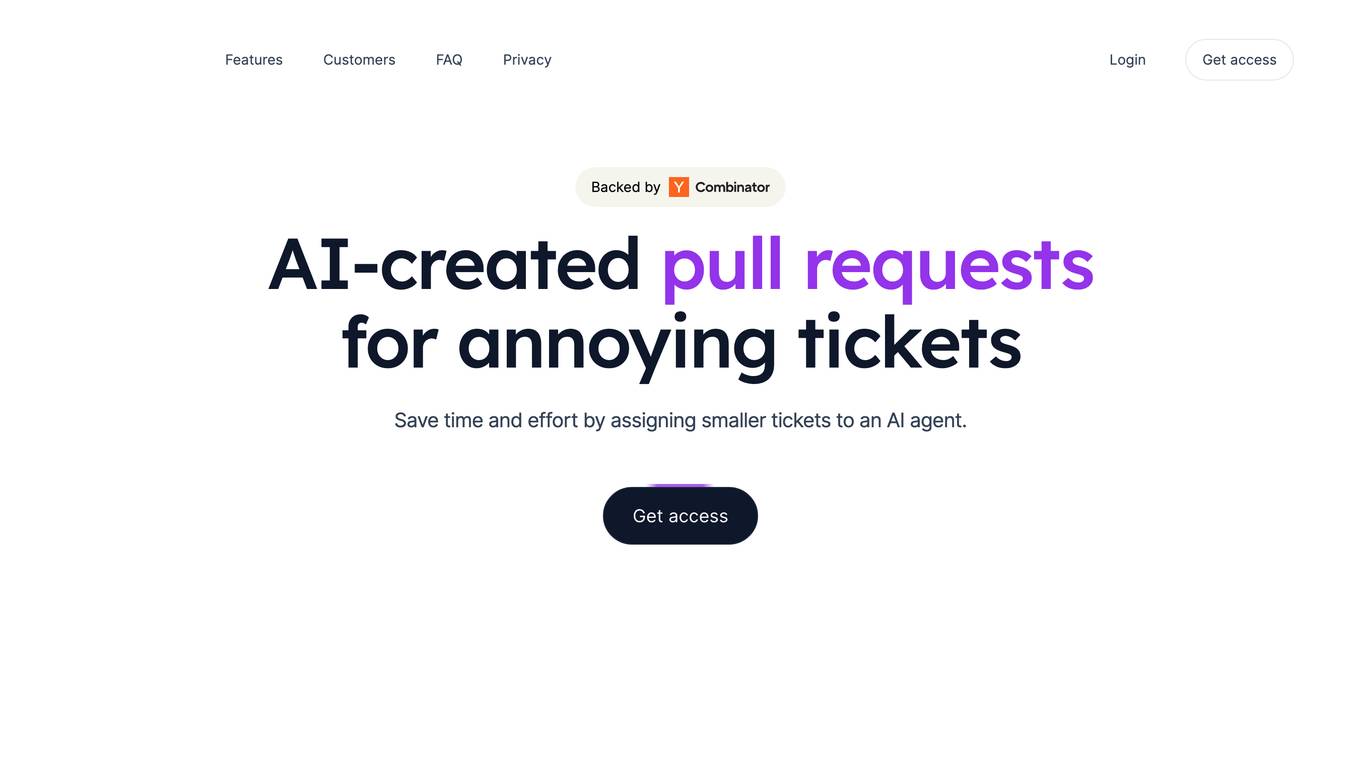
Tusk
Tusk is an AI-powered automated testing platform that helps engineering teams generate high-quality unit and integration tests with codebase and business context. It runs on pull requests to suggest verified test cases, enabling faster and safer code shipping. Tusk offers features like shift-left testing, autonomous test generation, self-healing tests, and seamless integration with CI/CD pipelines. Trusted by engineering leaders at fast-growing companies, Tusk aims to improve test coverage and code quality while reducing the release cycle time.

Lancey
Lancey is an asynchronous AI coding platform designed for teams, enabling seamless collaboration and control over coding tasks. It offers shared visibility, background agents, and automated bug identification with high accuracy. Lancey integrates with popular tools like GitHub, Jira, Linear, and Slack, streamlining the coding process and ensuring code quality. With a human-in-the-loop approach, users maintain full oversight of code changes before merging. The platform aims to enhance team productivity and code quality through AI-driven automation.
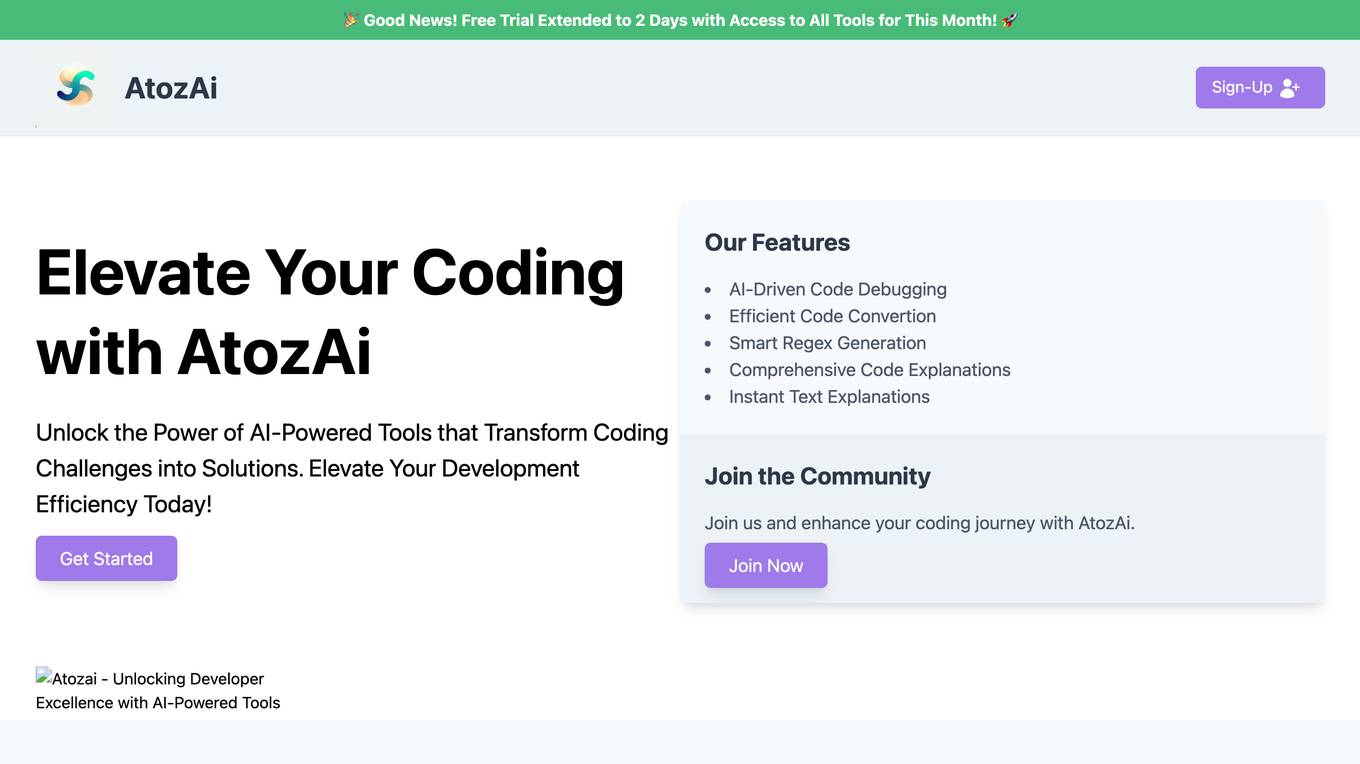
AtozAi
AtozAi is an AI application designed to empower developers by providing AI-powered tools that enhance coding efficiency and productivity. The platform offers features such as AI-driven code debugging, efficient code conversion, smart regex generation, comprehensive code explanations, and instant text explanations. AtozAi aims to cover a wide range of coding tasks with specialized AI algorithms, continually expanding its toolkit to make tasks easier, more efficient, and creative for developers.
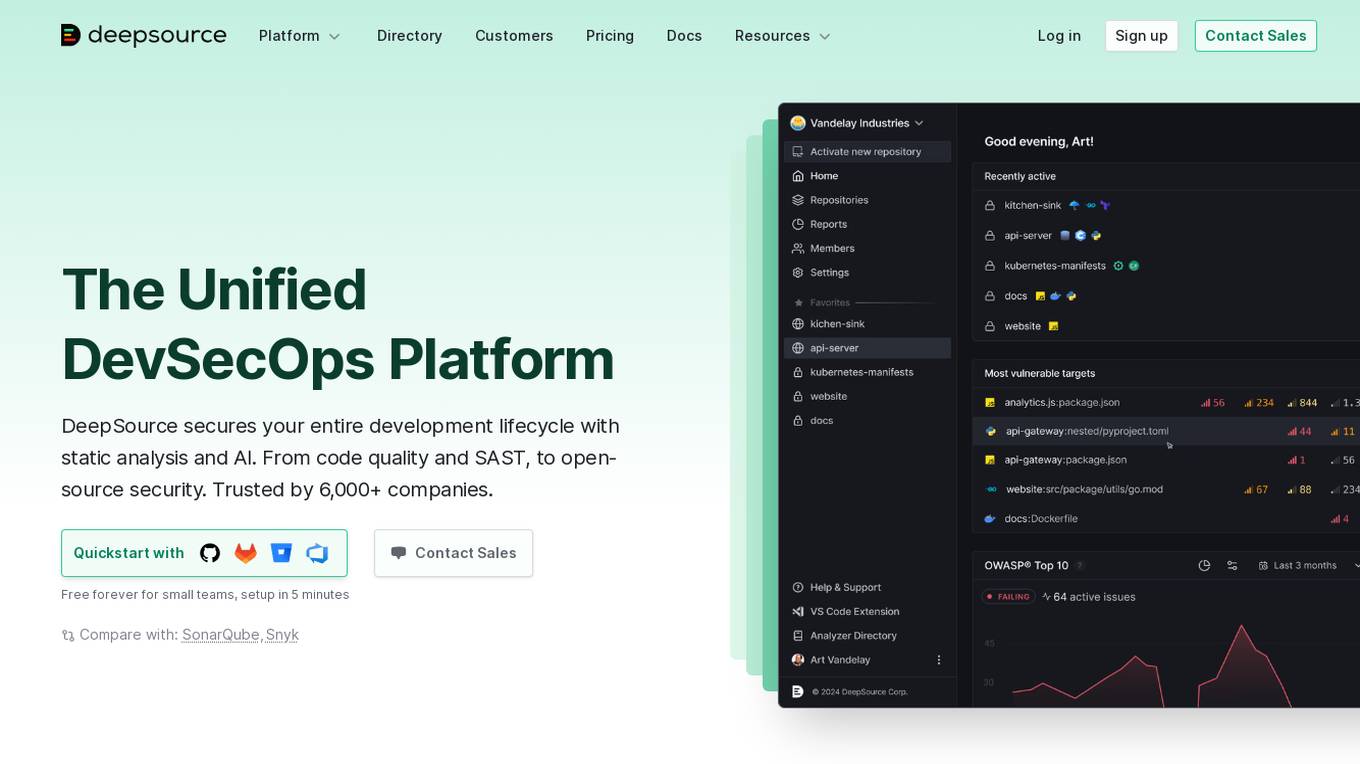
DeepSource
DeepSource is a Unified DevSecOps Platform that secures the entire development lifecycle with static analysis and AI. It offers code quality and SAST, open-source security, and is trusted by over 6,000 companies. The platform helps in finding and fixing security vulnerabilities before code is merged, with a low false-positive rate and customizable security gates for pull requests. DeepSource is built for modern software development, providing features like Autofix™ AI, code coverage, and integrations with popular tools like Jira and GitHub Issues. It offers detailed reports, issue suppression, and metric thresholds to ensure clean and secure code shipping.
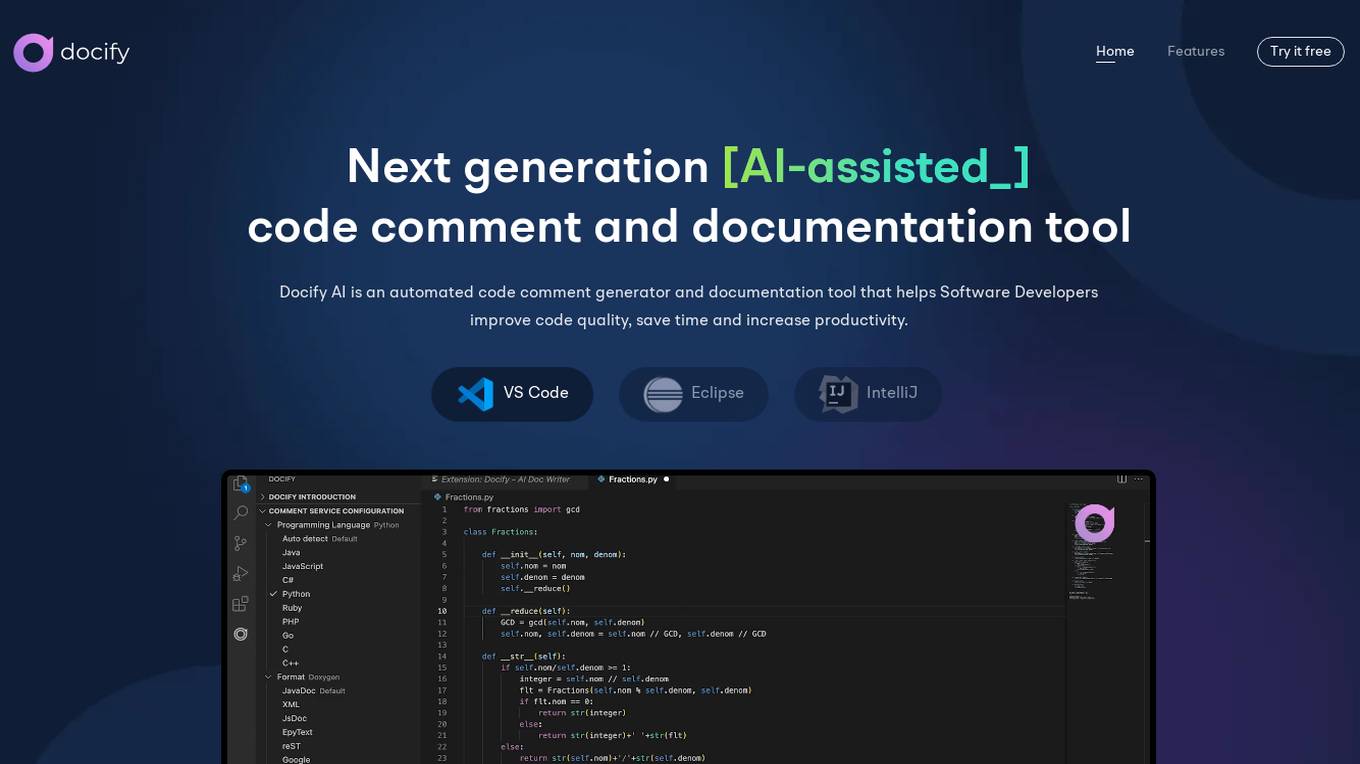
Docify AI
Docify AI is an AI-assisted code comment and documentation tool designed to help software developers improve code quality, save time, and increase productivity. It offers features such as automated documentation generation, comment translation, inline comments, and code coverage analysis. The tool supports multiple programming languages and provides a user-friendly interface for efficient code documentation. Docify AI is built on proprietary AI models, ensuring data privacy and high performance for professional developers.
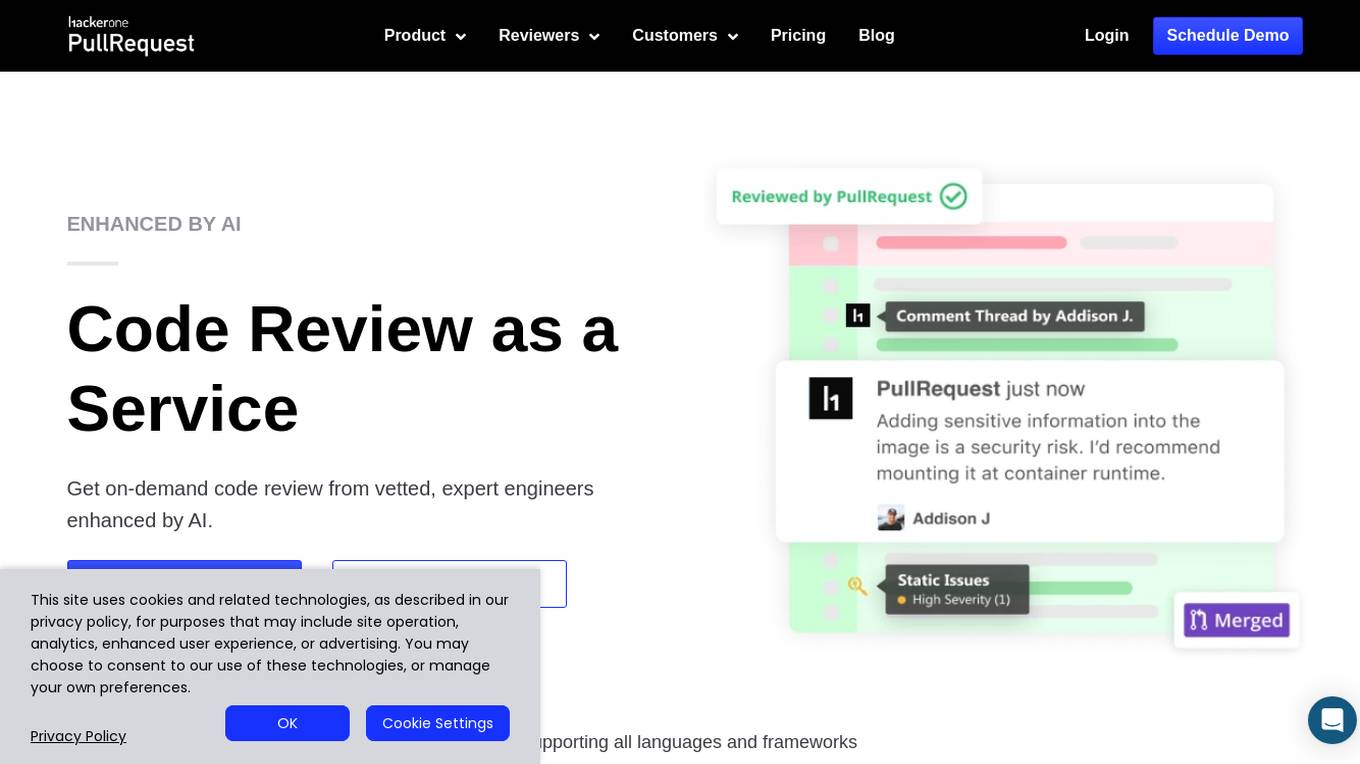
PullRequest
PullRequest is an AI-powered code review as a service platform that offers on-demand code review from expert engineers enhanced by AI. It supports all languages and frameworks, helping development teams of any size ship better, more secure code faster through AI-assisted code reviews. PullRequest integrates with popular version control platforms like GitHub, GitLab, Bitbucket, and Azure DevOps, providing valuable knowledge sharing with senior engineers to improve code quality and security. The platform ensures code safety and security by adhering to best practices, strict procedures, and employing reviewers based in the US, the UK, or Canada.
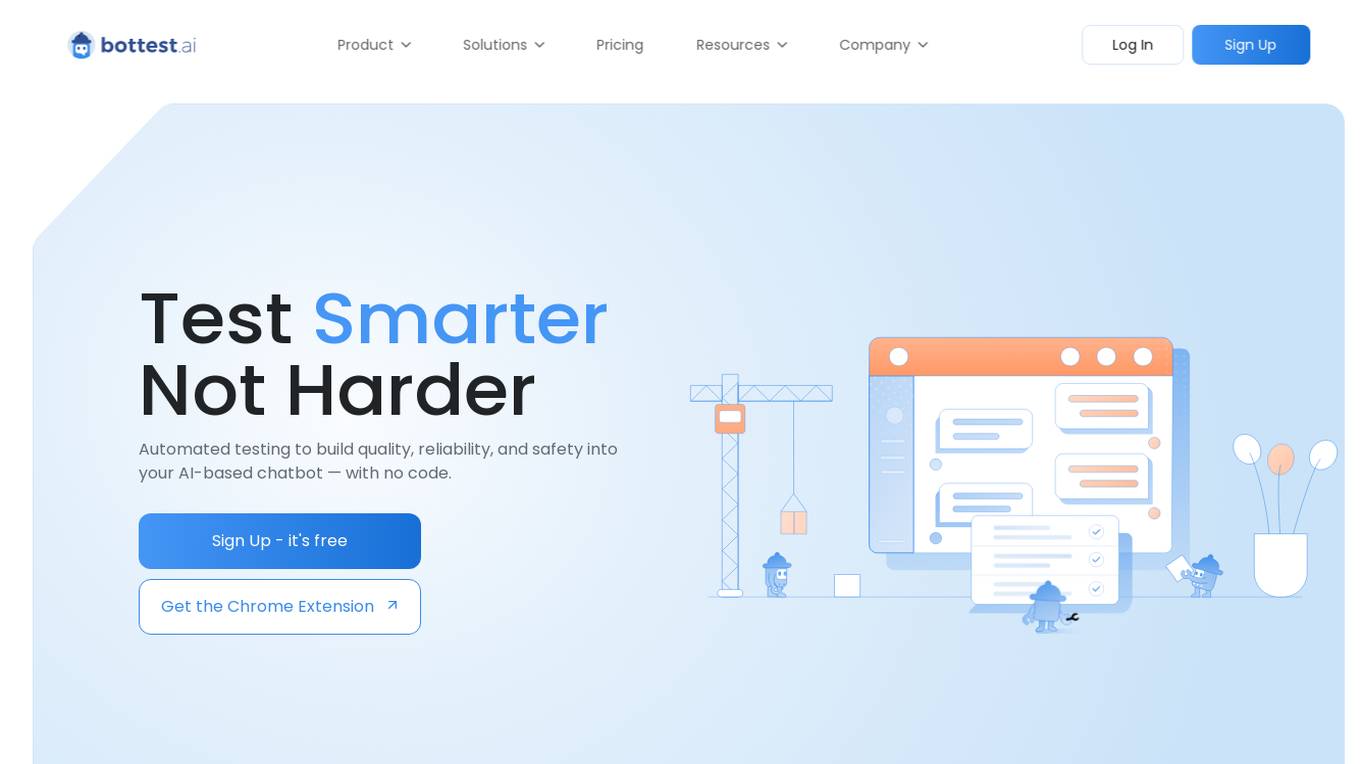
bottest.ai
bottest.ai is an AI-powered chatbot testing tool that focuses on ensuring quality, reliability, and safety in AI-based chatbots. The tool offers automated testing capabilities without the need for coding, making it easy for users to test their chatbots efficiently. With features like regression testing, performance testing, multi-language testing, and AI-powered coverage, bottest.ai provides a comprehensive solution for testing chatbots. Users can record tests, evaluate responses, and improve their chatbots based on analytics provided by the tool. The tool also supports enterprise readiness by allowing scalability, permissions management, and integration with existing workflows.
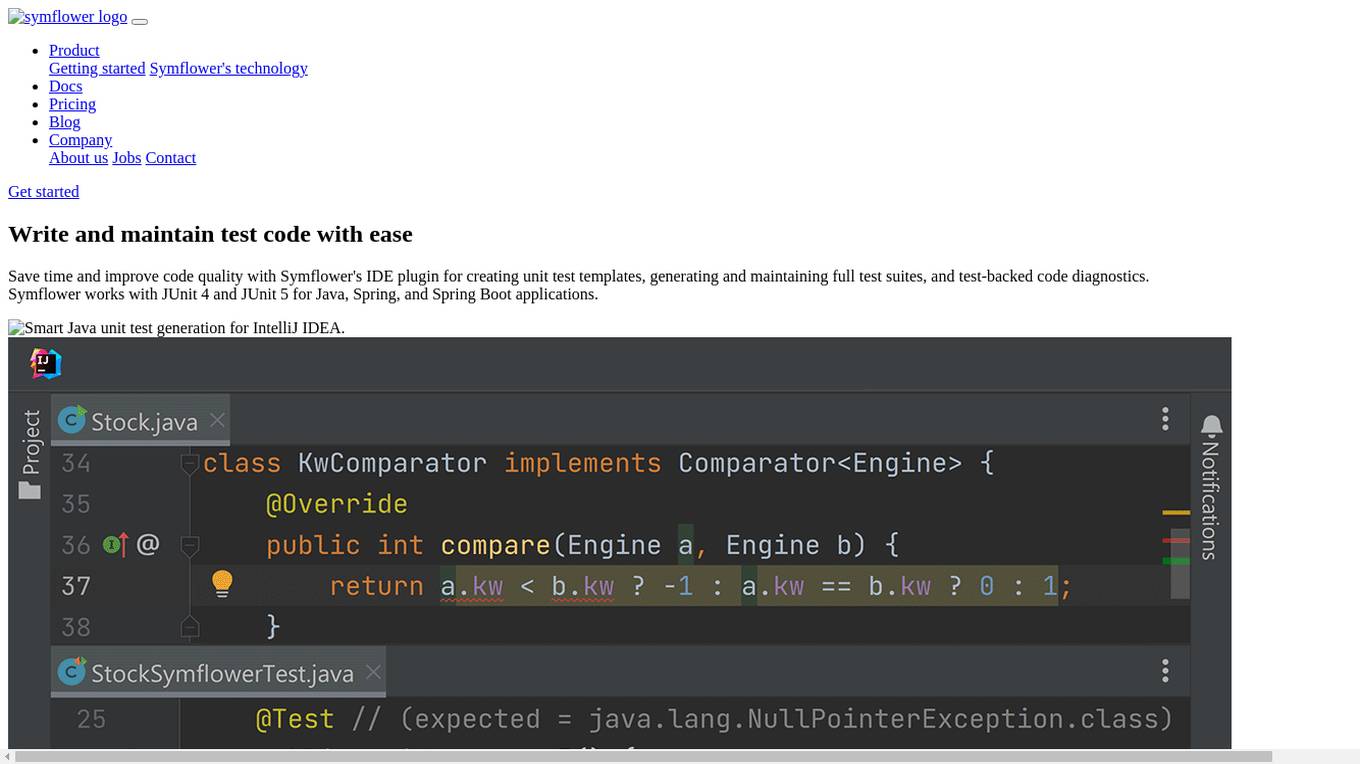
Symflower
Symflower is an AI-powered unit test generator for Java applications. It helps developers write and maintain test code with ease, saving time and improving code quality. Symflower works with JUnit 4 and JUnit 5 for Java, Spring, and Spring Boot applications.

Lightup
Lightup is a cloud data quality monitoring tool with AI-powered anomaly detection, incident alerts, and data remediation capabilities for modern enterprise data stacks. It specializes in helping large organizations implement successful and sustainable data quality programs quickly and easily. Lightup's pushdown architecture allows for monitoring data content at massive scale without moving or copying data, providing extreme scalability and optimal automation. The tool empowers business users with democratized data quality checks and enables automatic fixing of bad data at enterprise scale.

ILoveMyQA
ILoveMyQA is an AI-powered QA testing service that provides comprehensive, well-documented bug reports. The service is affordable, easy to get started with, and requires no time-zapping chats. ILoveMyQA's team of Rockstar QAs is dedicated to helping businesses find and fix bugs before their customers do, so they can enjoy the results and benefits of having a QA team without the cost, management, and headaches.
1 - Open Source Tools
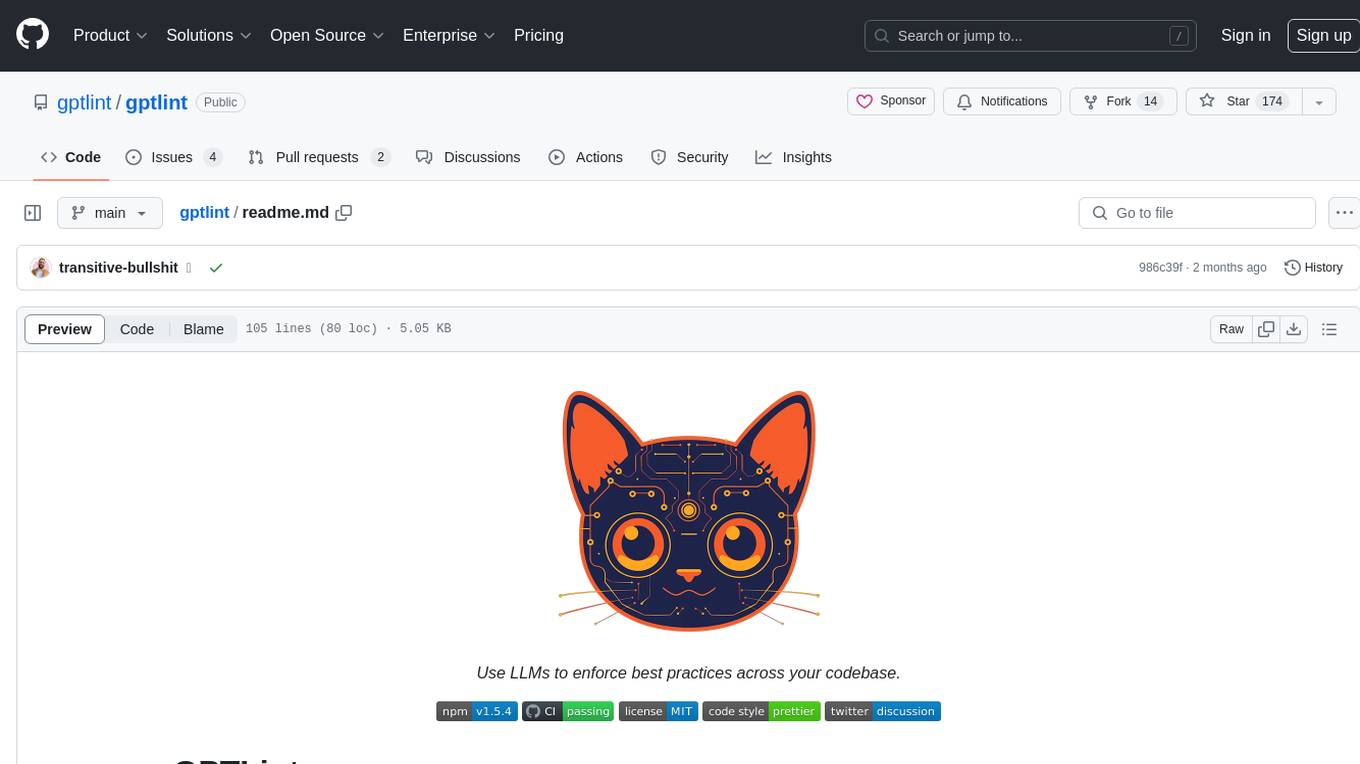
gptlint
GPTLint is a tool that utilizes Large Language Models (LLMs) to enforce higher-level best practices across a codebase. It offers features such as enforcing rules that are impossible with AST-based approaches, simple markdown format for rules, easy customization of rules, support for custom project-specific rules, content-based caching, and outputting LLM stats per run. GPTLint supports all major LLM providers and local models, augments ESLint instead of replacing it, and includes guidelines for creating custom rules. However, the MVP rules are currently limited to JS/TS only, single-file context only, and do not support autofixing.
20 - OpenAI Gpts

Game QA Strategist
Advises on QA tests based on recent game code changes, including git history. Learn more at regression.gg
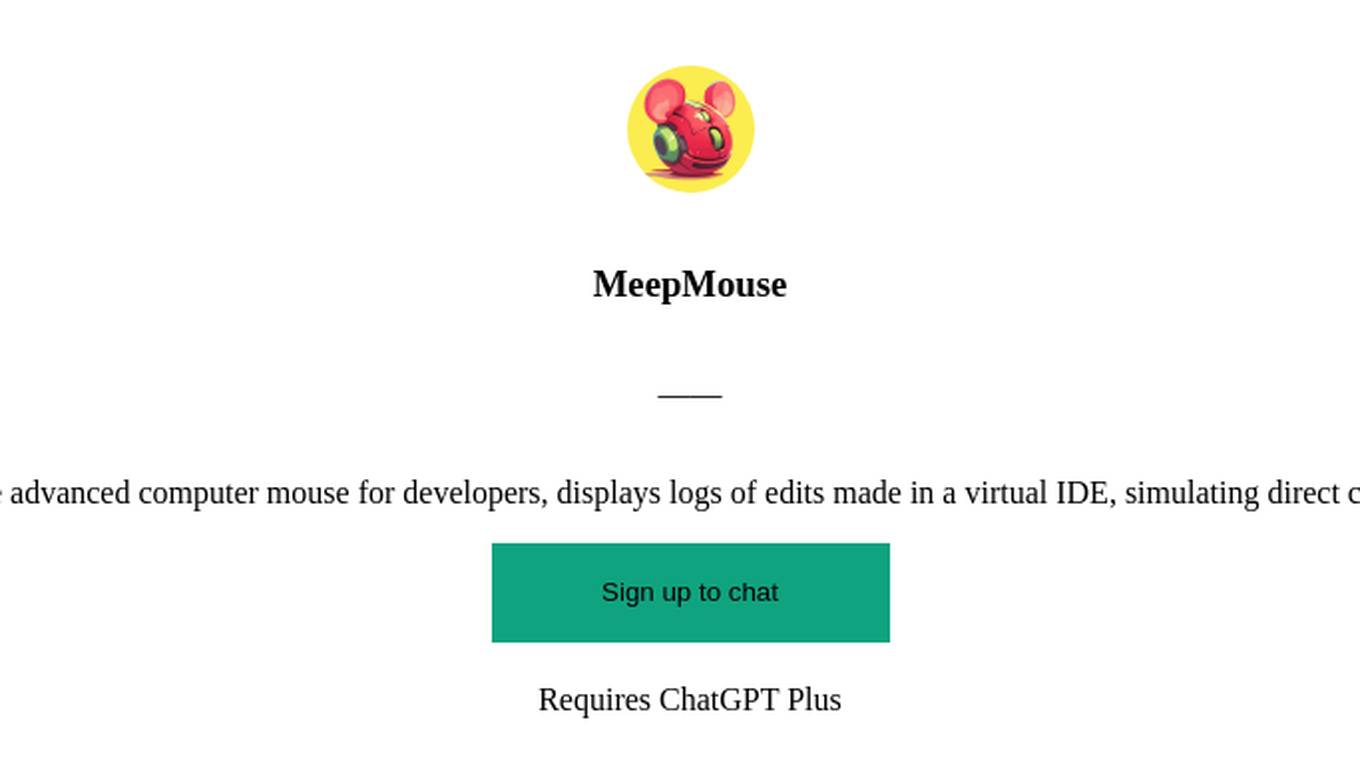
MeepMouse
MeepMouse, the advanced computer mouse for developers, displays logs of edits made in a virtual IDE, simulating direct code manipulation.

Dr. Keith's Code Accessibility Helper
Analyzes code for accessibility issues & provides recommendations
